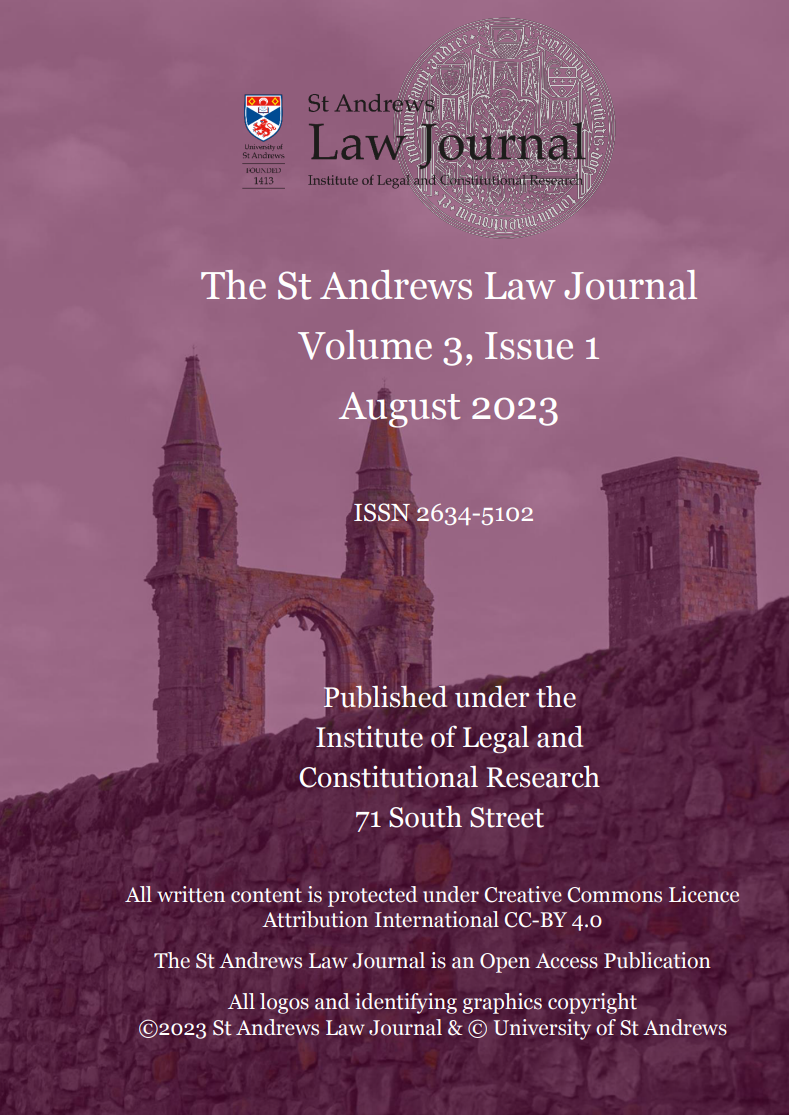The Post-Brexit Need for a Data Adequacy Decision to Engage in Mutual Assistance in Criminal Matters with the EU
Main Article Content
Abstract
There is a need for the UK and EU to continue mutual assistance in criminal matters. As a Member State, Mutual assistance in criminal matters between was primarily governed by an EU convention. This convention builds on existing Council of Europe (CoE) conventions on mutual criminal assistance. The EU convention states that mutual assistance shall be afforded in proceedings brought by member states’ authorities, or in connection with proceedings where a person may be liable in the requesting member state. Title II provides a framework for specific forms of assistance including restitution, hearings via videoconference and covert investigations. Member states are free to conclude further bilateral arrangements. A key element of this mutual assistance is harmonised EU data protection laws. With the UK now outside the EU’s data protection architecture, this may pose a significant hurdle for future cooperation. This article critically analyses the need for a data adequacy decision from the EU for the UK to engage in mutual assistance in criminal matters post-Brexit. To reach a conclusion, the article is set out over three substantive areas considering: mutual assistance and data protection law as it applies to EU member states; the law underpinning adequacy decisions; and future legal developments post-Brexit. Specific examples of data transfers and the effect of the Trade and Cooperation Agreement (TCA) are compared and contrasted to adequacy decisions. While provisions of the TCA and EU Law Enforcement Directive (LED) provide some assurances, the article recommends that a data adequacy decision made under the LED is pursued.
Article Details

This work is licensed under a Creative Commons Attribution 4.0 International License.
Authors who publish with this journal agree to the following terms:
- Authors retain copyright and grant the journal right of first publication with the work simultaneously licensed under a Creative Commons Attribution License that allows others to share the work with an acknowledgement of the work's authorship and initial publication in this journal.
- Authors are able to enter into separate, additional contractual arrangements for the non-exclusive distribution of the journal's published version of the work (e.g., post it to an institutional repository or publish it in a book), with an acknowledgement of its initial publication in this journal.
- Authors are permitted and encouraged to post their work online (e.g., in institutional repositories or on their website) prior to and during the submission process, as it can lead to productive exchanges, as well as earlier and greater citation of published work (See The Effect of Open Access).

